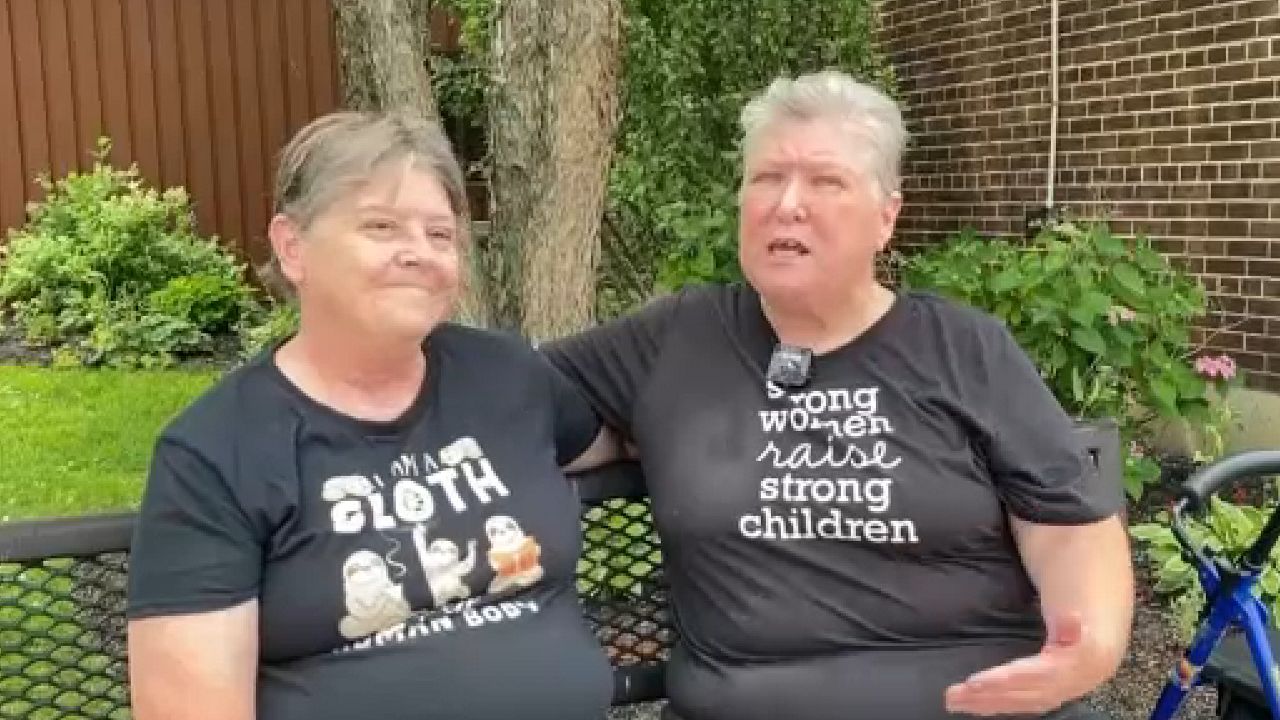A major decision by a federal judge on the Deferred Action for Childhood Arrivals, or DACA program, came down this week. A revised version of the program, which prevents the deportation of immigrants brought to the U.S. as children, was ruled to be illegal by a Texas federal district judge.
But one DACA recipient named Dalia said she wouldn’t have the beautiful life she has in the U.S. without the DACA program.
Living in the Hudson Valley along with her three kids, Dalia is getting ready to send one of them to college. She requested not to be on camera or to use her last name out of a concern for her and her family’s privacy.
“Better opportunity for everything, for school," she said of the United States. "In our country (Mexico), they may not be able to have what they have here, like going to different places, going to college.”
But that protection against deportation, after she was brought here from Mexico 28 years ago, could be in jeopardy.
What You Need To Know
- A Texas federal court judge ruled that the Deferred Action for Childhood Arrivals policy, or DACA program, is illegal
- The decision won't affect current DACA recipients, but prevents people from filing new applications
- The decision will likely be appealed and brought to the US Supreme Court, where the program's fate could be determined
A federal judge ruled the DACA program is illegal, and while this latest order from a Texas federal court only prevents people from filing new applications, the ruling is expected to be appealed and brought to the U.S. Supreme Court. That's where the program’s existence will likely be determined.
“I don't want to leave my kids by themselves, especially with the situation with drugs and all that," Dalia said. "They can get depressed because her mom is not with them.”
Every two years, Dalia has to get her DACA status renewed because she can’t imagine leaving here. But she does hope that beyond DACA, lawmakers create a path to permanent citizenship for folks like her.
“I don't what to be in the air, like my job, in two years. You never know if you’re going to get renewed," she said. "I really want a citizenship or resident or something legal that I don't have to worry about it.”
In 2016, the Supreme Court issued a 4-4 decision over an expanded DACA and a version of the program for parents of DACA recipients. Most recently, the high court ruled 5-4 to keep DACA in place, finding the Trump administration improperly ended the program.








